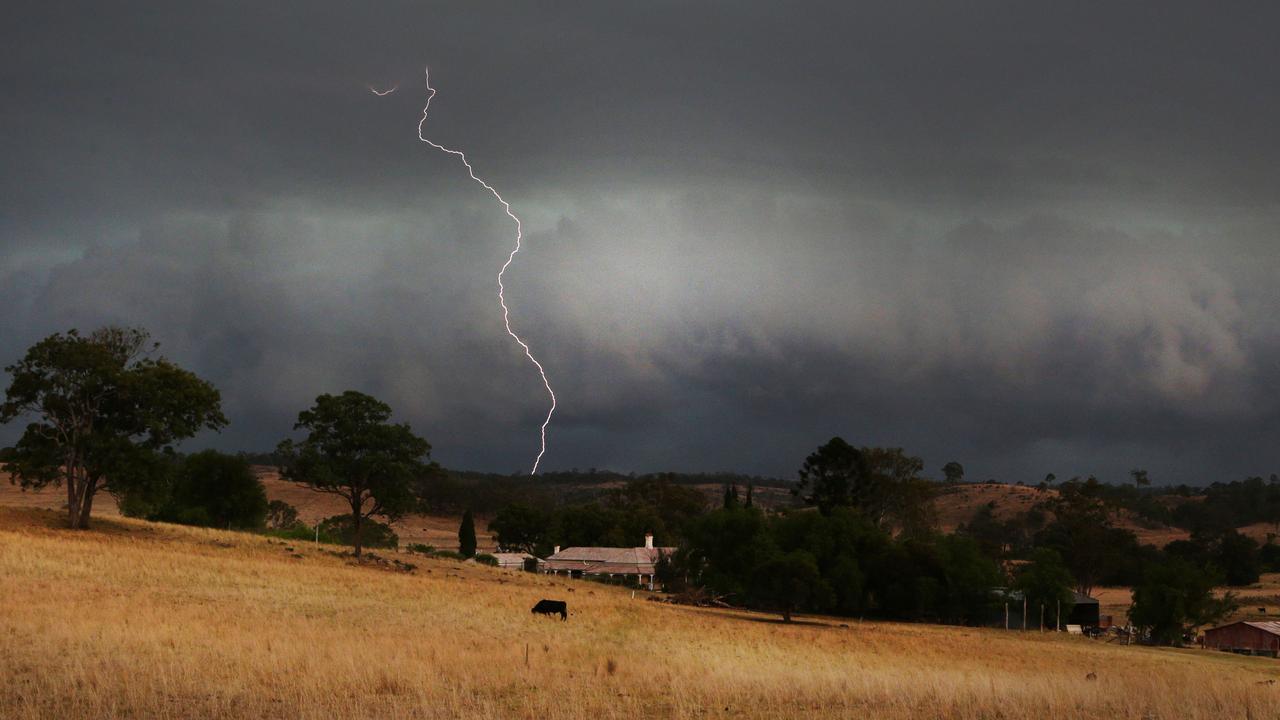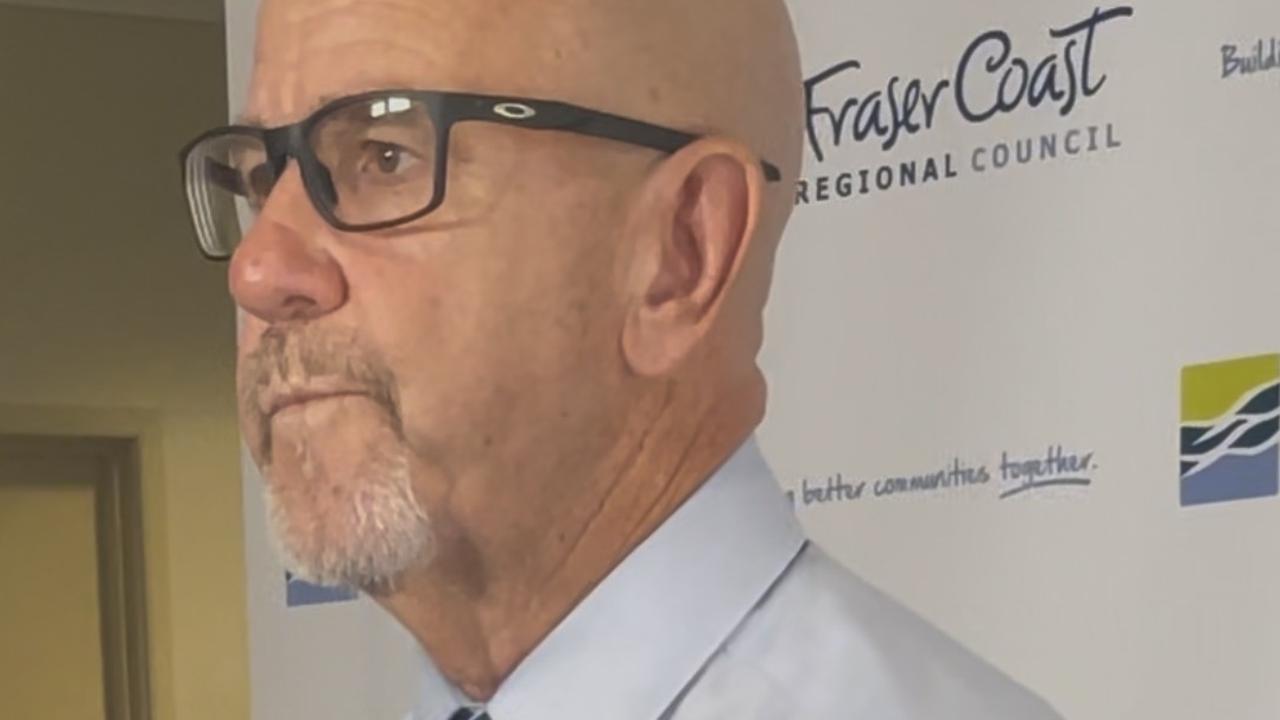14 brand names we use as everyday words
Stand-up personal watercraft, portable cooler box and adhesive bandage- where would we be without brand names?
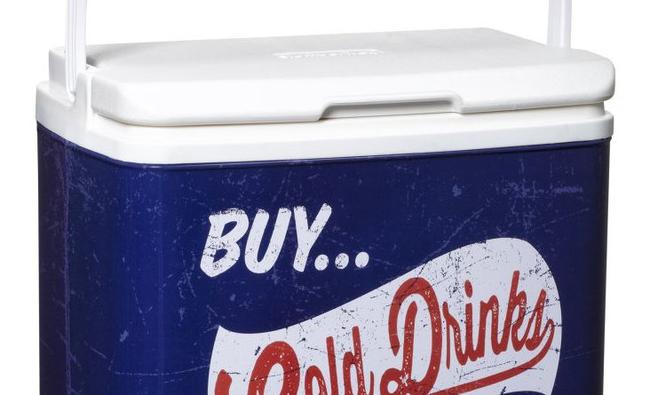
Gympie
Don't miss out on the headlines from Gympie. Followed categories will be added to My News.
"A ROSE by any other name would smell as sweet".
While Shakespeare may have had a point, he also never had to consider stocking his 'portable cooler box' so he could have a few cold ones or tell his friends he was taking his 'stand-up personal watercraft' for a spin on the water.
And thank goodness we don't have to either in everyday speech.
And it's thanks to some products that were just too innovative and popular for their own good that the name of the brand has actually become the most regularly used name over time, no matter which company makes it.
While some of these brands are still trademarked, at some point some patents lost their legal protection when they became too much of a common name.
But whether they are trademarked still or not - they are entrenched in our language
And that's the way it is likely to stay, because a gobful like this in an emergency will never do:
"Ouch - I cut my head and have a splitting headache- has anyone got any adhesive bandages and acetylsalicylic acid blood-thinning drugs?"
Check out the line-up here:

1. Esky
Meant to be called: Portable cooler box
ORIGINALLY released by Malleys in 1952, the term 'Esky' is widely used in Australia as a generic term for a portable cooler box. It was the first of its kind in Australia and the brand was registered in 1961.
2. Band-aid
Meant to be called: Adhesive bandage
WHO can't imagine band-aids being anything but popular? But Johnson & Johnson only made $3,000 in its first year in 1920. It has now manufactured well over 100 billion band-aids.
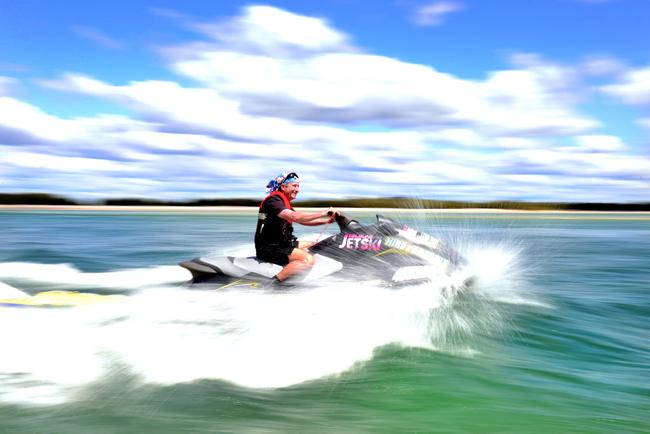
3. Jet Ski
Meant to be called: Stand-up personal watercraft
OWNED by Kawasaki, if all 'jet skis' were legally called what they were meant to be, the world would not be a very fun place.
4. Aspirin
Meant to be called: Blood-thinning drug, acetylsalicylic acid
INTRODUCED in 1897, as part of the Treaty of Versailles, Bayer Healthcare was forced to give up its trademark on Aspirin when Germany was defeated in World War I.
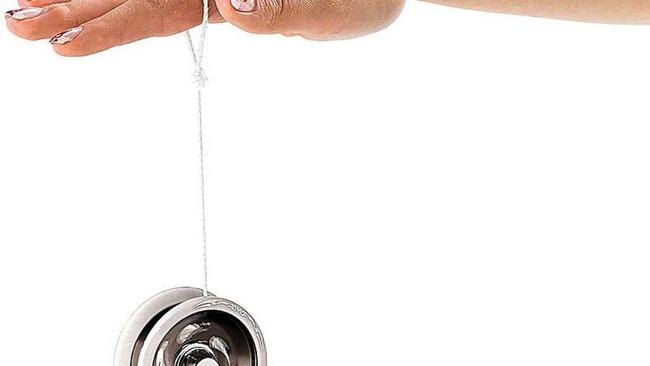
5. Yo-Yo
Meant to be called: Toy on a string
IF it's not a Duncan, it's not a yo-yo,' Duncan tried to make it clear to the world they were the sole keeper of the beloved yo-yo in 1929, but yo-yo was deemed generic in 1965.
6. Pogo Stick
Meant to be: Hopping vehicle
NOW this was clever - the Pogo stick is a combination of the two inventors names: Max Pohlig and Ernst Gottschall who came up with the novel toy in 1920.
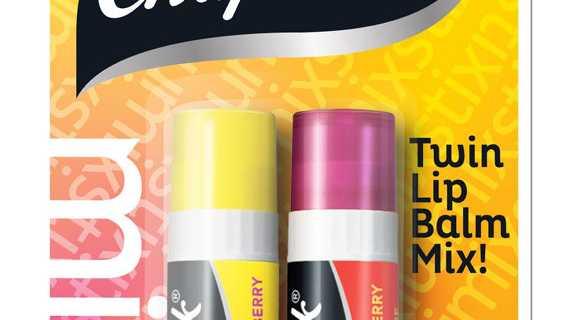
7. Chapstick
Meant to be called: Lip balm
INTRODUCED in 1912 by Morton Manufacturing Company, Pfizer still has a registered trademark on this iconic product.
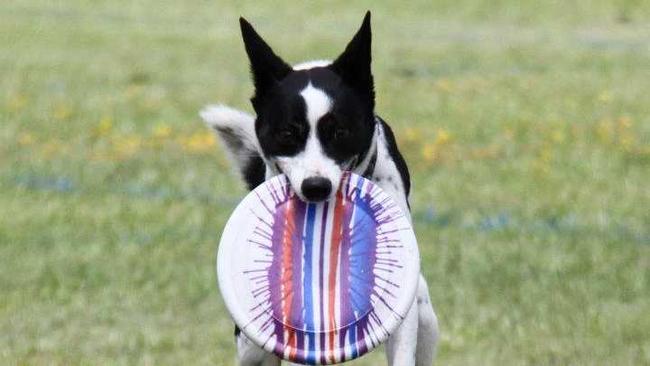
8. Frisbee
Meant to be called: Flying disc
THE frisbee (introduced in 1957) is trademarked by toy manufacturing giant Wham-O; the American company that also has a patent on the Hula-Hoop and Slip-'N-Slide.
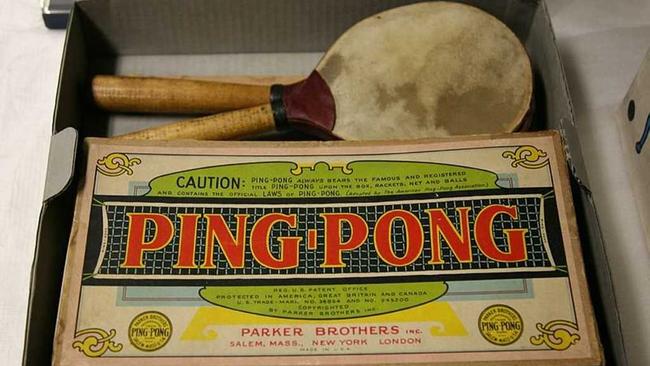
9. Ping Pong
Meant to be called: Table tennis
JAQUES & Son trademarked Ping Pong in 1901 in the UK before selling the rights to US company Parker Brothers where the name became common place.
10. Thermos
Meant to be called: Vacuum flask.
THE Thermos invention has withstood the test of time since its invention in 1904 by thermos, LLC and lost its trademark when the term was declared generic in 1963.
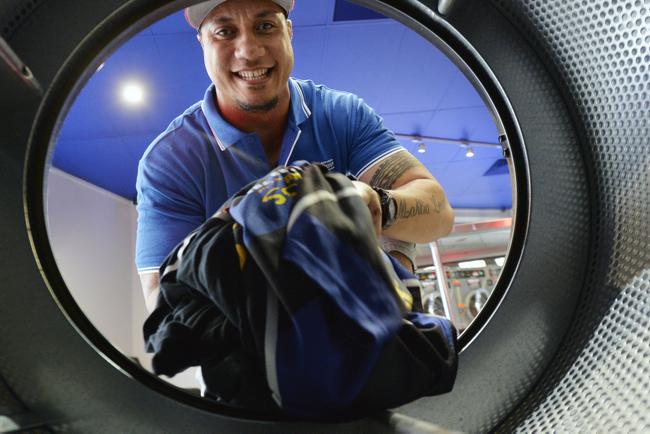
11. Laundromat
Meant to be called: Coin laundry shop
THE Laundromat brand was first a wall-mounted automatic washing machine, created by legendary electrical company Westinghouse in 1940 before laundry shops across the world used it.
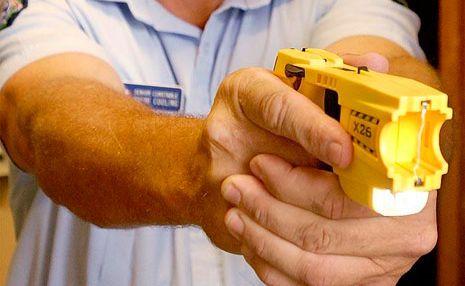
12. Taser
Meant to be called : Stun gun
INTRODUCED in 1974 by Jack Cover and is now owned by Taser International, Inc.
13. Velcro
Meant to be called: Tiny hooks that attach to the loops and stick together
INVENTED in 1941 by Velcro, how could there be nay other name? Certainly no one's come up with a generic one that will catch on.
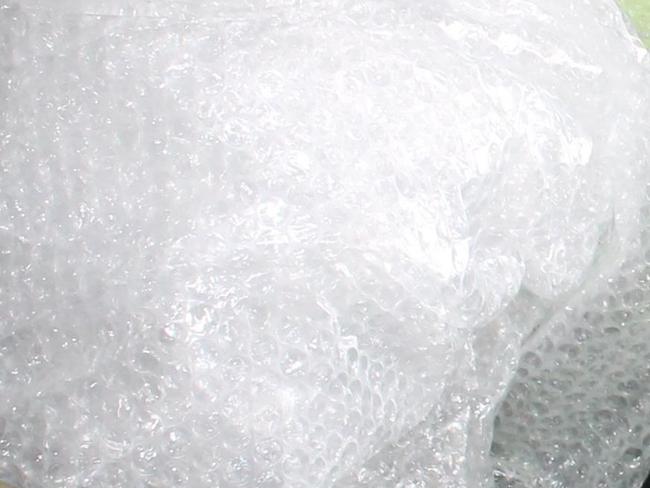
14. Bubble Wrap
Meant to be called: Air bubble packaging
INTRODUCED in 1960 by Sealed Air Corporation, Bubble Wrap was first marketed as wallpaper and insulation, before it found its place in packaging material.

